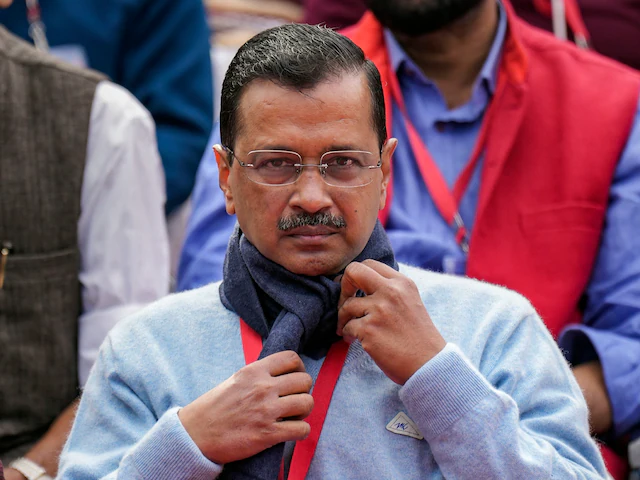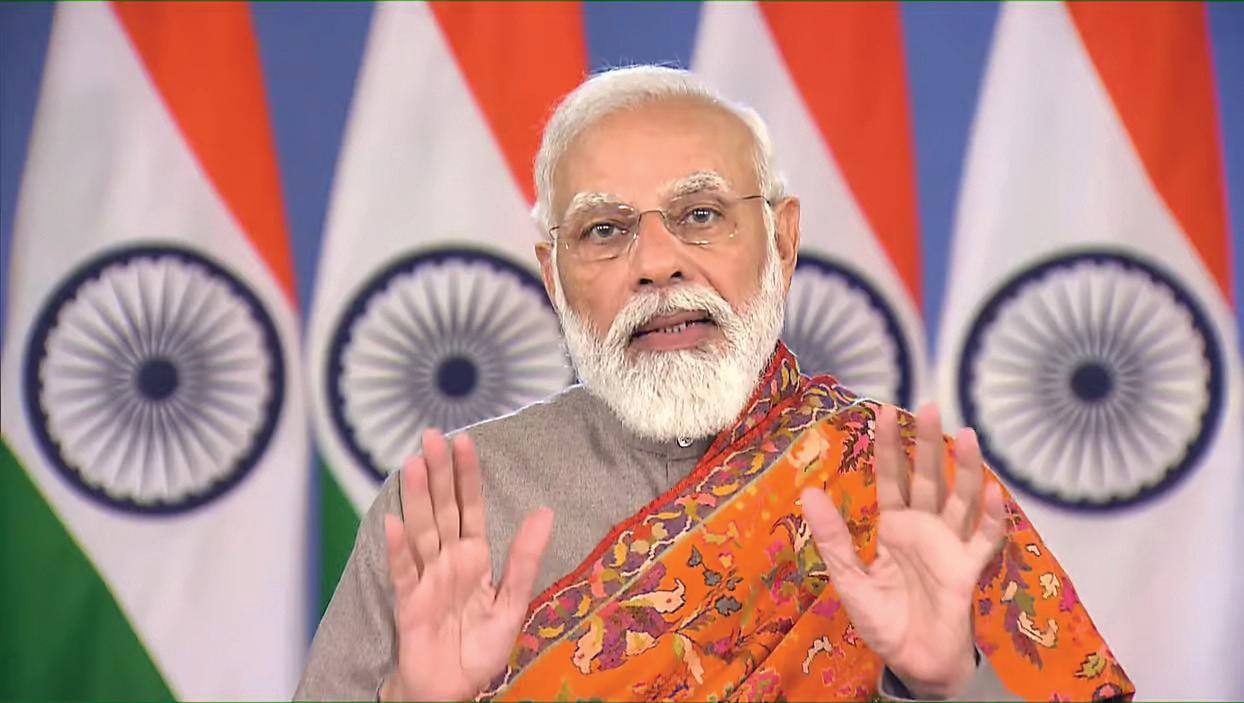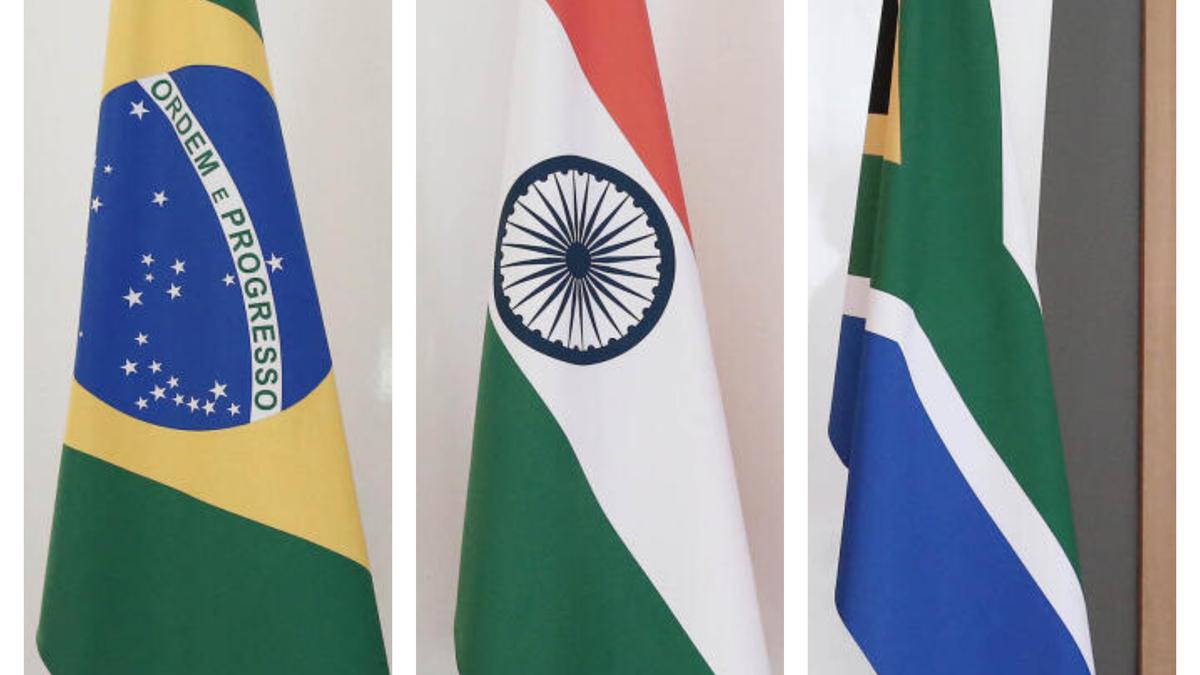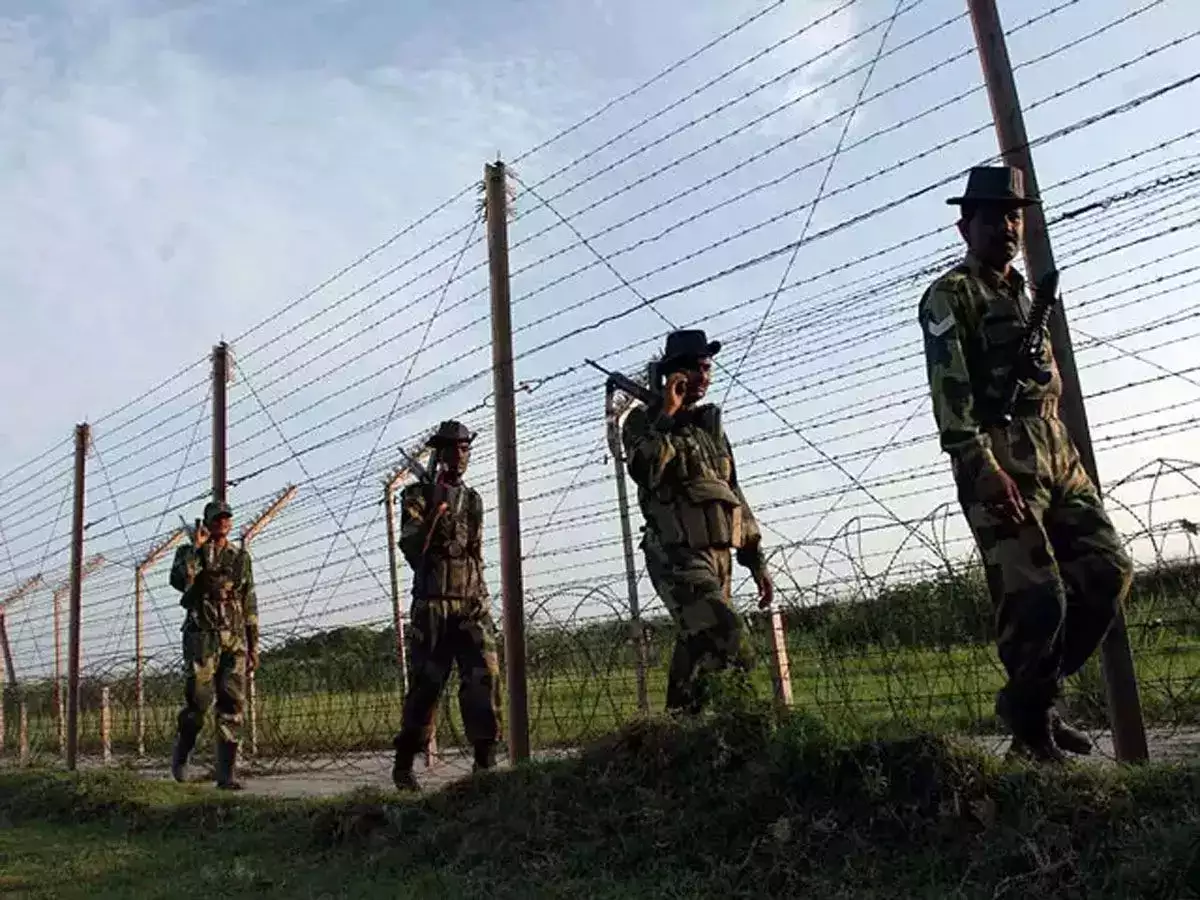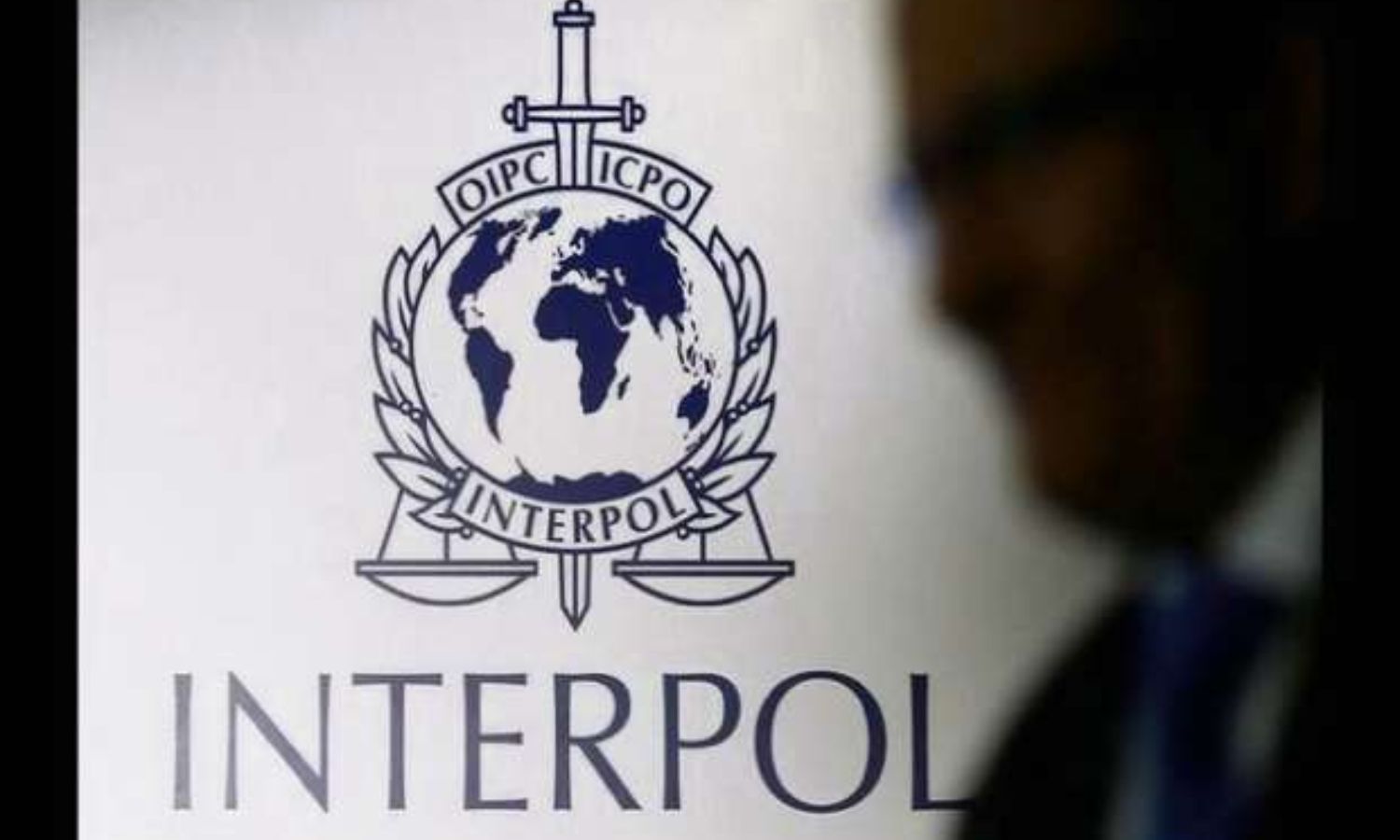While setting the record entirely straight, the Kerala High Court has in an extremely laudable, landmark, learned and latest judgment titled Godson v. State of Kerala & Ors. in Crl. MC Nos. 2807 & 2814 of 2022 [Against the order dated 24.2.2022 in Crl.M.P.No.249/2022 IN Crl.M.C.No.197/2018 on the file of the IInd Additional Sessions Court, Ernakulam] and cited in 2022 LiveLaw (Ker) 425 pronounced as recently as on August 10, 2022 made it absolutely clear that non-compliance with the bail conditions alone is not a ground to cancel the bail already granted to the accused since such cancellation affects the personal liberty of a person under Article 21 of the Constitution. We all fully know that the personal liberty of a citizen is accorded the paramount importance under Article 21 which is a fundamental right also of every citizen of India! It deserves noting that the Single Judge Bench of Justice A.A. Ziyad Rahman minced just no words to clarify that while considering an application to cancel the bail on the ground of non-compliance with the conditions, the court has to consider the question of whether the alleged violation amounts to an attempt to interfere with the administration of justice or as to whether it affects the trial of the case in which the accused is implicated. Very rightly so!
At the outset, this brief, brilliant, bold and balanced judgment authored by a Single Judge Bench of the Kerala High Court comprising of Hon’ble Mr Justice A.A. Ziyad Rahman sets the pitch in motion by first and foremost putting forth in para 1 that, “The petitioners are the accused in Crime No.160/2018 of Kalady Police Station. The petitioner in Crl.M.C No.2814/2022 is the 1st accused and the petitioner in Crl.M.C. No.2807/22 is the 2nd accused in the said crime. The aforesaid crime was registered alleging offences punishable under Sections 341,308 and 324 r/w. Section 34 of the Indian Penal Code (IPC).”
To put things in perspective, the Bench then envisages in para 2 that, “The petitioners were arrested in connection with the said case and later, as per order dated 9.2.2018 in Crl.M.C.No.197/2018, the 2nd Additional Sessions Court, Ernakulam, granted bail to them subject to certain conditions. One of the conditions was that they should not involve in any other crime of similar nature during the bail period. Subsequently, the investigation in the said case is completed, and the final report has been submitted.”
While continuing in the same vein, the Bench then observes in para 3 that, “Later, Crl.M.P.Nos.249/2022 and 247/2022 were submitted by the Public Prosecutor for cancellation of their bail. The sole reason highlighted in the said petition is that both the petitioners are subsequently involved in Crime No.1159/2021 of Kuruppampady Police Station, which was registered for the offences punishable under Sections 143,147,308,324,506(ii)and 294(b) r/w. Section 149 of IPC. The learned Sessions Judge, as per orders dated 24.2.2022 allowed the said applications after hearing the petitioners and thereby, the bail granted to them was cancelled. These orders are now under challenge in this Crl.M.Cs.”
It is worth noting that the Bench enunciates in para 7 that, “The conditions to be imposed while granting bail, are contemplated under Sections 437(3) r/w. Section 439(1)(a) of Cr.PC. The condition not to involve in similar offences during the bail period is something which is specifically stipulated in the aforesaid provision. Since such a condition is specifically mentioned in the statute, that would indicate the importance of such condition and the necessity to insist on the compliance of the same. However, the question that arises here is whether a violation of the said condition should result in the cancellation of the bail in all the cases. In my view, merely because of the reason that such a condition was imposed while granting bail to the accused, that would not result in the cancellation of bail automatically. This is particularly because, since the order of cancellation of bail is something that affects the personal liberty of a person, which is guaranteed under Article 21 of the Constitution of India, unless there are reasons justifying or warranting such an order, the bail already granted cannot be cancelled. In Dolat Ram and Others v. State of Haryana [(1995)1 SCC 349], the Hon’ble Supreme Court has observed as follows:
“5. Rejection of bail in a non – bailable case at the initial stage and the cancellation of bail so granted, have to be considered and dealt with on different basis. Very cogent and overwhelming circumstances are necessary for an order directing the cancellation of the bail, already granted. Generally speaking, the grounds for cancellation of bail, broadly (illustrative and not exhaustive) are : interference or attempt to. interfere with the due course of administration of justice or evasion or attempt to evade the due course of justice or abuse of the concession granted to the accused in any manner. The satisfaction of the Court, on the basis of material placed on the record of the possibility of the accused absconding is yet another reason justifying the cancellation of bail. However, bail once granted should not be cancelled in a mechanical manner without considering whether any supervening circumstances have rendered it no longer conducive to a fair trial to allow the accused to retain his freedom by enjoying the concession of bail during the trial. These principles, it appears, were lost sight of by the High Court when it decided to cancel the bail, already granted. The High Court it appears to us overlooked the distinction of the factors relevant for rejecting bail in a non – bailable case in the first instance and the cancellation of bail already granted.”
The aforesaid view was reiterated in X v. State of Telangana and Another reported in [(2018) 16 SCC 511].”
Most remarkably, the Bench then observes in para 8 that, “In Dataram Singh v. State of Uttar Pradesh [(2018)3 SCC 22], it was observed by the Hon’ble Supreme Court in the manner as follows:
“It is also relevant to note that there is difference between yardsticks for cancellation of bail and appeal against the order granting bail. Very cogent and overwhelming circumstances are necessary for an order directing the cancellation of bail already granted. Generally speaking, the grounds for cancellation of bail are, interference or attempt to interfere with the due course of administration of justice or evasion or attempt to evade the due course of justice or abuse of the concessions granted to the accused in any manner. These are all only few illustrative materials. The satisfaction of the Court on the basis of the materials placed on record of the possibility of the accused absconding is another reason justifying the cancellation of bail. In other words, bail once granted should not be cancelled in a mechanical manner without considering whether any supervening circumstances have rendered it no longer conducive to a fair trial to allow the accused to retain his freedom by enjoying the concession of bail during the trial.”
Therefore, while considering an application to cancel the bail on the ground of non compliance of the conditions, the court has to consider the question whether the alleged violation amounts to an attempt to interfere with the administration of justice or as to whether it affects the trial of the case in which the accused is implicated. In XI, Victim SC No.211 of 2018 of POCSO Court v. State of Kerala and Others [2019(3)KHC 26], this Court laid down the principles with regard to the nature of the enquiry to be conducted by the court concerned, while considering an application for cancellation of bail. In paragraph 9 of the said judgment, it was observed as follows: “9. But in a case where the victim or the witnesses specifically complains of threat and intimidation and the said aspects are projected either by victim or by the prosecution before the Bail Court through an application as referred to in Ext.P- 5, then it is bounden duty of the Bail Court to consider the correctness or otherwise of the allegations in a summary manner after affording an opportunity of being heard to the prosecution as well as to the affected accused concerned whose bail is ought to be cancelled and if possible to the victim as well, in a case like this. In such process of enquiry, the Bail Court could call for the records if any in relation to those allegations and if a separate crime has been registered in that regard, the records in those crimes should also be perused by the Bail Court in order to make an enquiry in a summary manner as to the truth or otherwise of the allegations therein, and after affording reasonable opportunity of being heard to the prosecution, accused and the victim, the Bail Court is expected to discharge its solemn duty and function to decide on the correctness or otherwise of the allegations in such a summary manner and the evidentiary assessment thereof could be on the basis of the overall attendant circumstances as well as the attendant balance of probabilities of the case. Based on such a process, the Bail Court is obliged to take a decision whether the bail conditions have been so violated and if it is so found that the bail conditions has been violated then it is the duty of the Bail Court to cancel the bail, but certainly after hearing the affected party as aforestated. So also, if the said enquiry process reveals that the truth of the above said allegations has not been established in a convincing manner in such enquiry process, then the Bail Court is to dismiss the application to cancel the bail. But the Bail Court cannot evade from the responsibility by taking up the specious plea that since the very same allegations also form subject matter of a distinct crime then the truth or otherwise of the allegations is to be decided by the Criminal Court which is seisin of that crime through the process of finalisation of said impugned criminal proceedings by the conduct and completion of trial therein.”
Thus, from all the above decisions, it is evident that, mere violation of the condition alone is not sufficient to cancel the bail granted by the court. Before taking a decision, the court has to conduct a summary inquiry based on the records, including the documents relating to the subsequent crime and arrive at a conclusion as to whether it is necessary to cancel the bail or not. Therefore, the orders impugned in these cases are to be considered by applying the yardstick as mentioned above.”
Be it noted, the Bench notes in para 9 that, “When coming back to the facts of this case, it can be seen that the petitioners are seen implicated in the offences under Sections 341,308,324 r/w. Section 34 of the IPC, in a crime registered in the year 2018. They were granted bail on 9.2.2018, subject to the above conditions. Now the present application is submitted in the year 2022 on the allegation that the petitioners are involved in a crime committed in the year 2021. The fact remains that in both cases, final reports were already submitted by the Police. In the subsequent crime also, the petitioners were granted bail even after taking into consideration the criminal antecedents of the petitioners. Therefore, custody of the petitioners is not required to conduct the trial of the said cases. The allegations in the subsequent crime are not relating to an act which was allegedly committed by the petitioners with the intention to intimidate or influence any witnesses in the crime registered in the year, 2018. Both crimes are entirely different and have no connection with each other.”
While adding clarity, the Bench then specifies in para 10 that, “In my view, even though the court which granted the bail is empowered to direct the arrest of the petitioners who were already released on bail by virtue of the powers conferred upon the court as per Section 437(5) and 439(2) of Cr.PC, such power has to be exercised only if it is absolutely necessary. Of course, if the subsequent crime is allegedly committed with the intention to influence or intimidate the witnesses, the consideration should have been different, but it is not the case here. In Dataram Singh’s case, it was categorically observed that, bail once granted, cannot be cancelled without considering whether any supervening circumstances have rendered it no longer conducive to a fair trial to allow the accused to retain his freedom by enjoying the concession of bail during the trial.”
Most significantly, what constitutes the cornerstone of this notable judgment is then encapsulated in para 11 wherein it is postulated that, “While considering the alleged involvement of the petitioners in the subsequent crime for cancellation of bail, the fact that the second crime is after three years of the earlier crime is also a relevant aspect. The petitioners are indeed involved in some other cases, and one of the petitioners is already undergone preventive detention under KAA(P)A. However, that alone cannot be a reason to cancel the bail, unless it is shown that the involvement of the petitioners in the subsequent crime is affecting the trial of the earlier case. If the prosecuting agency is concerned with the commission of repeated offences by the accused persons, there are ample statutory provisions available for them to initiate appropriate proceedings for subjecting the accused persons to preventive detention. The stipulations contained in Section 437(5) and 439(2) of Cr.PC cannot be treated as a substitute for preventive detention laws. The legislature has brought into force, various enactments to enable the authorities concerned to keep the persons involved in repeated crimes under preventive detention, despite the stipulations in 437(5) and 439(2) of Cr.P.C. The said fact fortifies the view which I have taken as above. Moreover, there are no provisions in Cr.PC which specifically deal with the cancellation of bail and instead, the power is given to the court as per sections 437(5) and 439(2) to direct the person already released on bail, to be arrested and committed to prison, if it considers necessary to do so. When the court orders the arrest of a person already released on bail, it would have the effect of cancellation of the bail. Therefore what is relevant is not a mere violation of the bail condition but the satisfaction of the court that ‘it is necessary to do so’. While considering the aforesaid question, the matters such as; the time gap between the crimes, the possibility of false accusation in the subsequent case, bail granted to the accused in the subsequent crime, stage of the prosecution of the case in which cancellation of bail is sought, chances of affecting or causing interference in the fair trial of the case, etc. could be relevant. In some cases, the commission of heinous crimes repeatedly, in such a manner as to infuse fear in the mind of the witnesses, which may deter them from deposing against the accused, may also be relevant, as it is something which affects the conduct of the fair trial. However, no hard and fast rules can be laid down in respect of the same, and it differs from case to case. As held in the case of XI, Victim SC No.211 of 2018 of POCSO Court (supra), the court has to conduct a summary enquiry after perusing the records and arrive at a satisfaction as to whether it is necessary to cancel the bail of the accused.”
Finally, the Bench then concludes by holding in para 12 that, “While applying the above principles to the facts of this case, one of the crucial aspects relevant for consideration is whether the subsequent crime interferes with the conduct of a fair trial of the case in which he is involved. Such a situation is not there in this case. Further, the mere allegation of the involvement of the petitioners in the subsequent crime after three years of the crime in which the bail was granted, cannot by itself be a reason for the cancellation of bail. Even in the subsequent cases, the petitioners were granted bail and the investigation in that case was also completed. Therefore, the custody of the petitioners is not at all necessary, and hence I do not find any justifiable reason to sustain the order of cancellation of bail. In the result, both these Crl.M.Cs are allowed. The orders passed by the IInd Additional Sessions Court, Ernakulam on 24.02.2022 in Crl.M.P.No.247/2022 and Crl.M.P.No.249/2022 in Crl.M.C.No.197/2018 are hereby quashed. However, it is made clear that, this shall not preclude the authorities concerned in initiating any proceedings for preventive detention of the petitioners if there are materials warranting the same.”
On the whole, this extremely commendable, cogent, composed and convincing judgment by the Kerala High Court makes it indubitably clear that violation of bail conditions by itself is not a ground to cancel bail. We thus see that the Kerala High Court refuses to find any justifiable reason to sustain the order of cancellation of bail. There can be just no denying it!
Sanjeev Sirohi, Advocate,
s/o Col (Retd) BPS Sirohi,
A 82, Defence Enclave,
Sardhana Road, Kankerkhera,
Meerut – 250001, Uttar Pradesh.
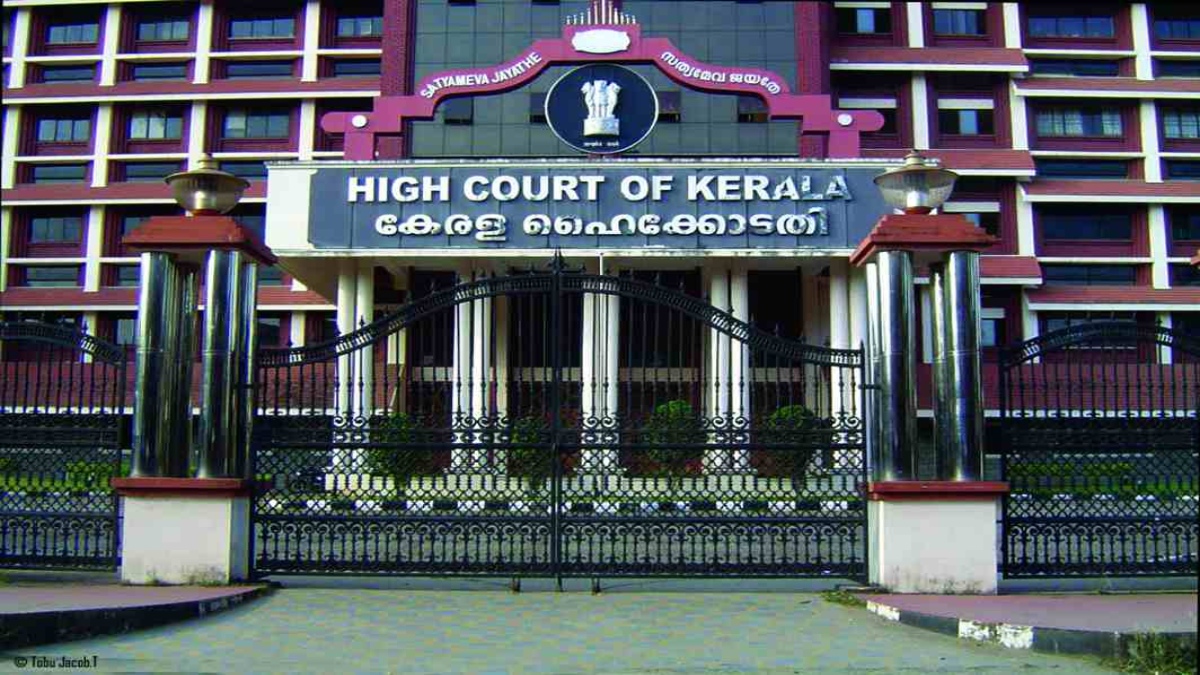

 Opinion3 years ago
Opinion3 years ago
 Entertainment8 years ago
Entertainment8 years ago
 Entertainment8 years ago
Entertainment8 years ago
 Fashion8 years ago
Fashion8 years ago
 Opinion4 years ago
Opinion4 years ago
 Entertainment8 years ago
Entertainment8 years ago
 Politics8 years ago
Politics8 years ago
 Entertainment8 years ago
Entertainment8 years ago
